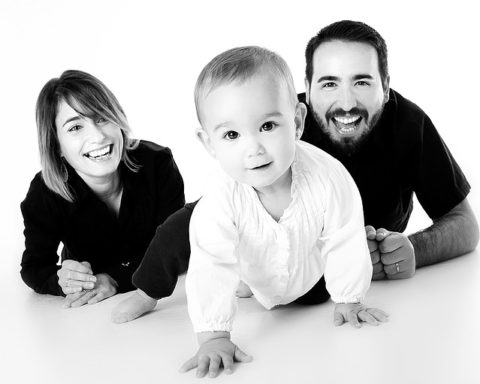Although it is well known that smoking is harmful to one’s health, there is still controversy over how maternal smoking affects babies. Many research studies have demonstrated an increased risk of sudden infant death syndrome for babies born to mothers who smoke, but the pathophysiologic pathway through which this event occurs is not yet clearly known.
One of the main concerns about cigarettes is their impact on the respiratory system of infants. Previous studies have shown that the arousal response to hypoxia (lack of oxygen) during sleep differs in children of smokers versus children of nonsmokers. The arousal response, or awakening, serves as an important protective mechanism against cardiorespiratory failure.
Also, read on this website: The Effect of Smoking Tobacco and Weed Before and After Pregnancy
Researchers believe that babies whose mothers smoked significantly during pregnancy do not respond as quickly to hypoxia during sleep; that is, they do not wake up, so they can suffer serious respiratory and neurological damage. It could even trigger the occurrence of sudden infant death syndrome.
Further Investigation
Ethics does not allow controlled studies of cigarette consumption in pregnant women since it would cause harm to both mother and child.
Therefore, most studies are carried out in experimental animals or retrospectively in humans, but the data is incomplete. So, a group of Australian researchers investigated the effects of maternal smoking during pregnancy on babies’ response to hypoxia during sleep in a study entitled “Arousal and Ventilatory Responses to Hypoxia in Sleeping Infants: Effects of Maternal Smoking.”
In the study, they assessed whether maternal tobacco smoking impaired a baby’s ability to arouse during active and quiet sleep.
Two groups of children with good health at birth were chosen: a first group whose mothers smoked during pregnancy and a second group whose mothers did not.
The smoking group consisted of nine healthy term infants (four females and five males). The urinary cotinine (nicotine metabolite) levels of these infants were all greater than 10 ng/mL.
The nonsmoking group consisted of fifteen healthy term infants (nine females and six males). The urinary cotinine levels of these babies were all less than 10 ng/mL.
To determine the response to hypoxia during active and quiet sleep, the researchers analyzed the infants’ respiratory patterns, EEG results, heart rate measurements, and sleep behavior.
While they slept, the infants wore special masks, which the researchers used to induce controlled hypoxia by decreasing the oxygen concentration of the air from 21 percent to 15 percent.
The period of hypoxia lasted five minutes maximum, even in the absence of arousal or without changes in any of the previously mentioned parameters.
Dangerous Results
The results of this trial show that moderate and high levels of maternal smoking can change an infant´s arousal responses to hypoxia in quiet sleep but do not affect ventilatory patterns immediately preceding arousal. The distorted arousal responses may be due to alterations in autonomic function, a hypothesis which several previous studies have demonstrated.
Even though the effects of cigarette smoking during pregnancy on babies’ cardiorespiratory development and function are poorly understood, it is known that maternal smoking depresses the arousal ability of infants, making them more vulnerable to respiratory challenges during sleep and thus increasing the risk of sudden infant death syndrome.
Therefore, mothers who smoke during pregnancy should visit a pediatrician to find out the best strategies to care for their babies and to control the possible complications. Mothers who are struggling with depression and mental illness might find a therapist here on BetterHelp.
References
Parslow, Peter M., Susan M. Cranage, T. Michael Adamson, Richard Harding, and Rosemary S. C. Horne. “Arousal and Ventilatory Responses to Hypoxia in Sleeping Infants: Effects of Maternal Smoking.” Respiratory Physiology & Neurobiology 140, no. 1 (2004): 77–87. Retrieved from https://www.sciencedirect.com













